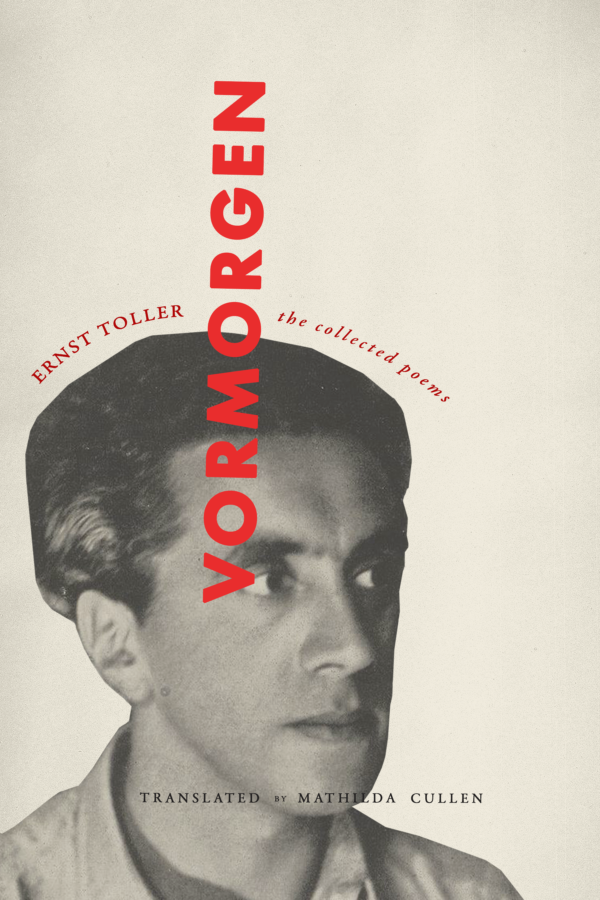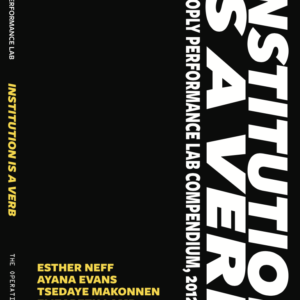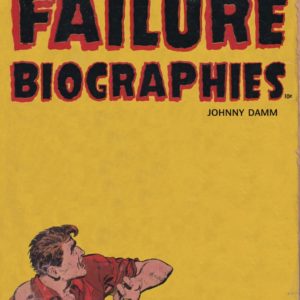Description
Vormorgen aims to collect all of Ernst Toller’s poetic works in a single volume; the first to appear in nearly a century.
This edition, in German and English, includes Toller’s three principle poetic works: Vormorgen, The Poems of the Imprisoned, and The Book of Swallows, as well as his scattered, uncollected poems. Toller was a Jewish anarchist working in Munich, and was briefly the president of the Bavarian Soviet Republic (Münchner Räterepublik / Munich Worker’s Republic), which was predominantly organized by poets and playwrights, so it’s often been referred to as the regime of coffeehouse anarchists.
The occupation began peacefully, with the anarchists occupying Munich without firing a shot, but was ended brutally a month later, on May Day, when the Freikorps were sent in. Over 600 people were killed, half of which were citizens killed in street fighting. Some were sentenced to death by firing squad, others were sentenced to prison. Ernst Toller was sent to Niederschönenfeld prison for five years, where he began working on the majority of his poems. When he was released, he was exiled to the UK, and later to the States. While living in New York, he received word that his mother and sister were sent to concentration camps, and he took his life in 1939.









